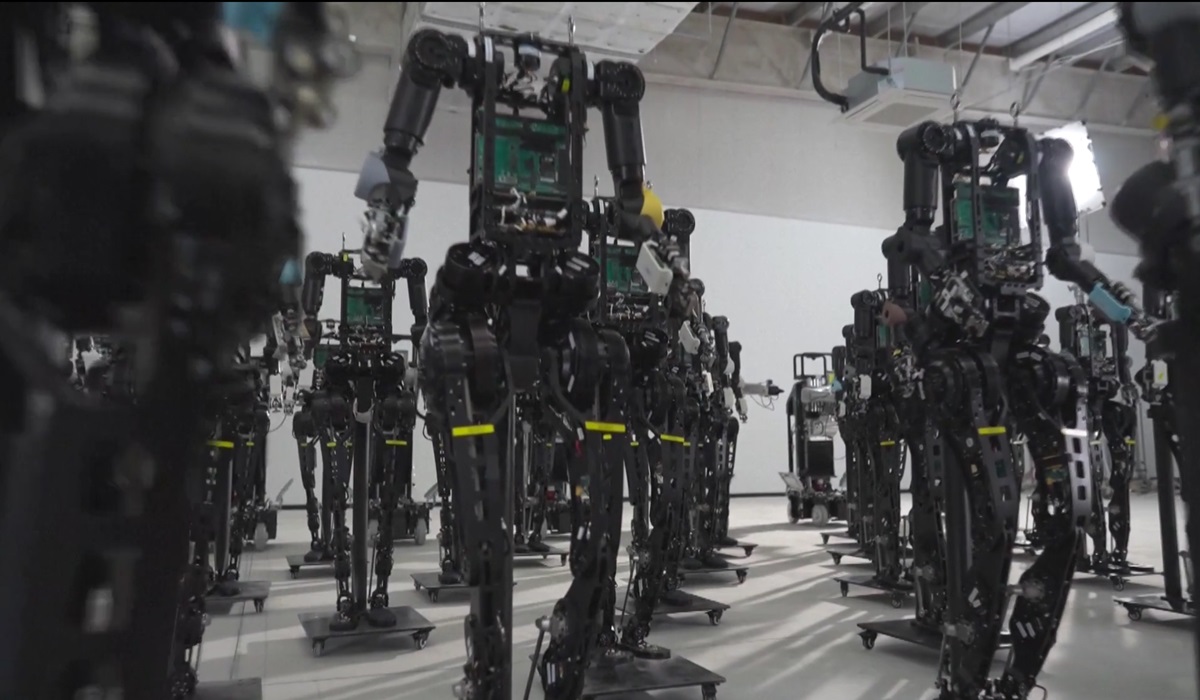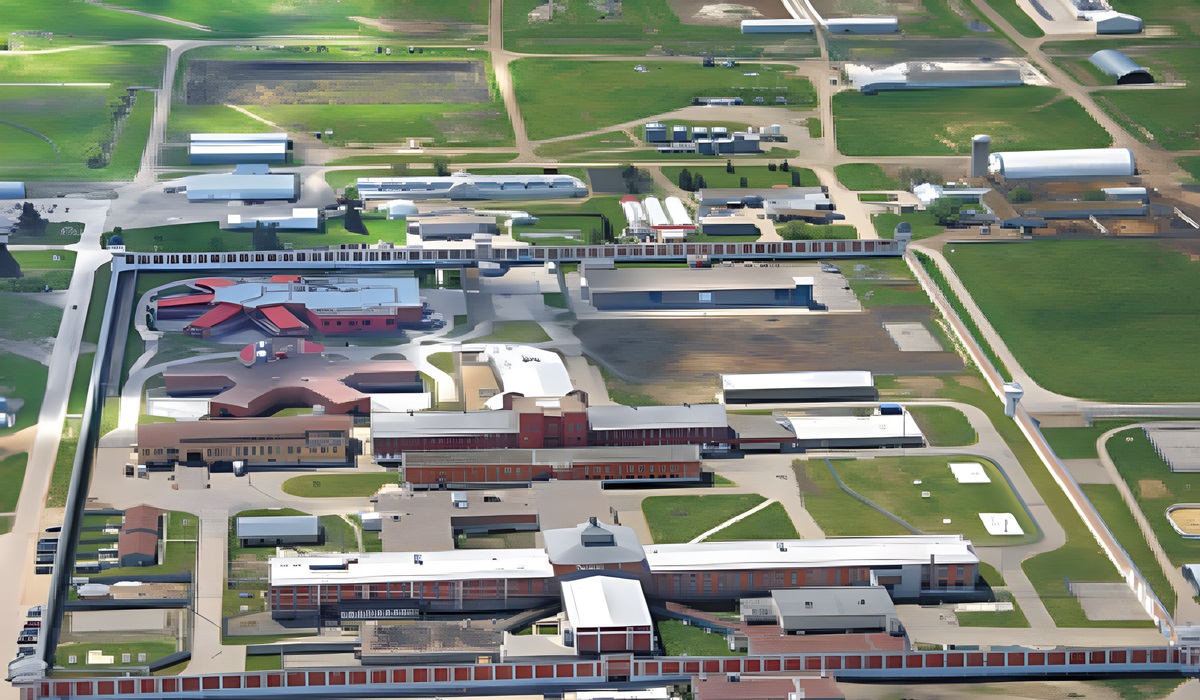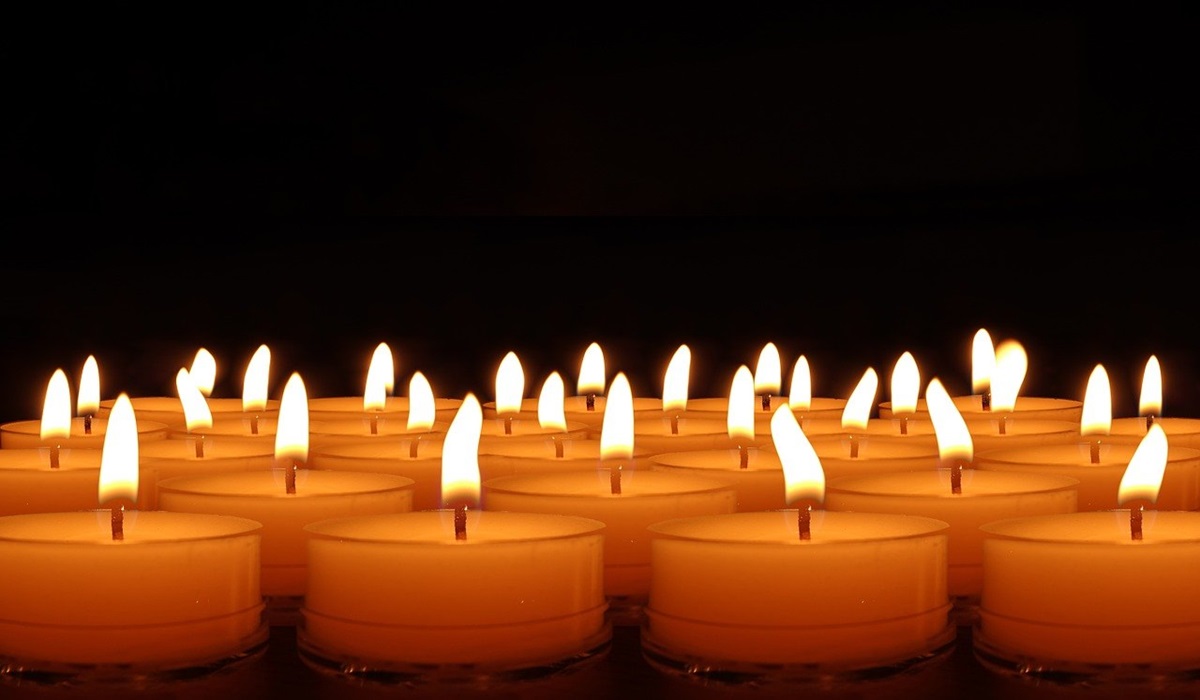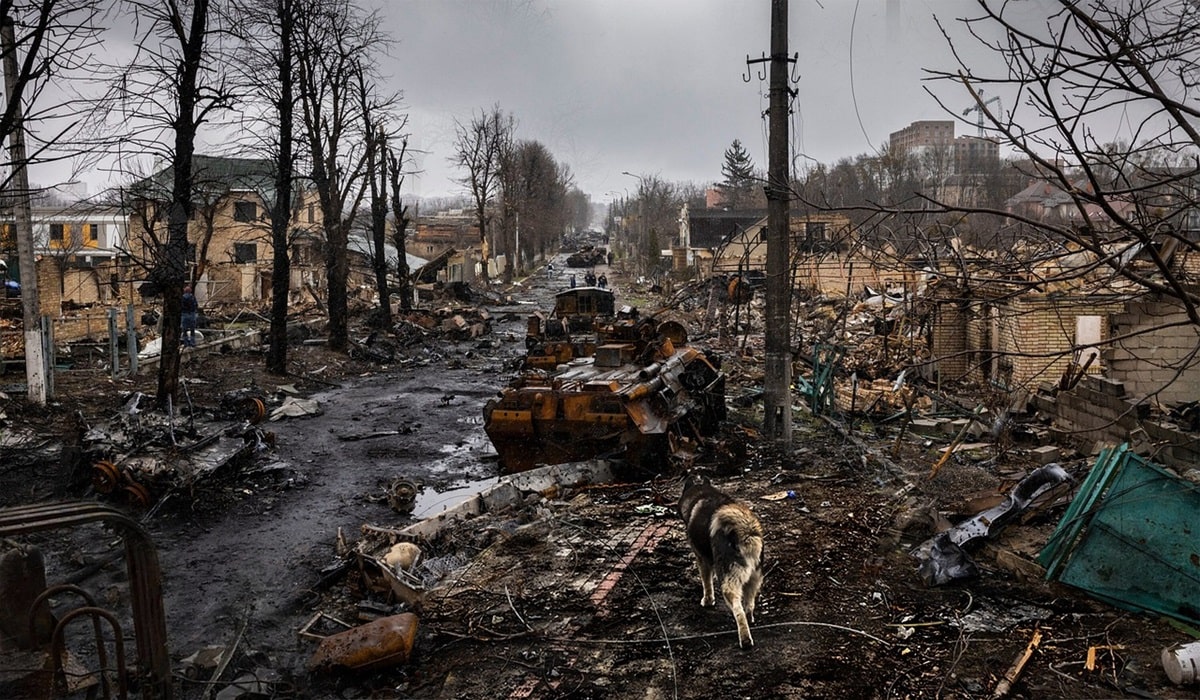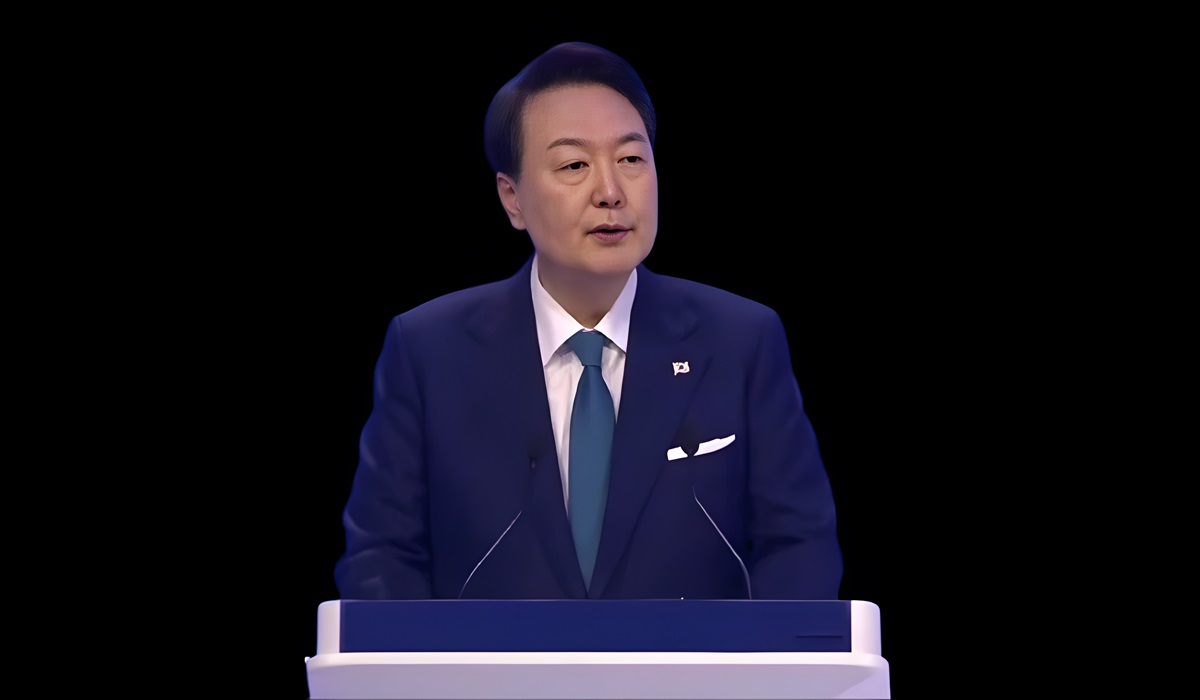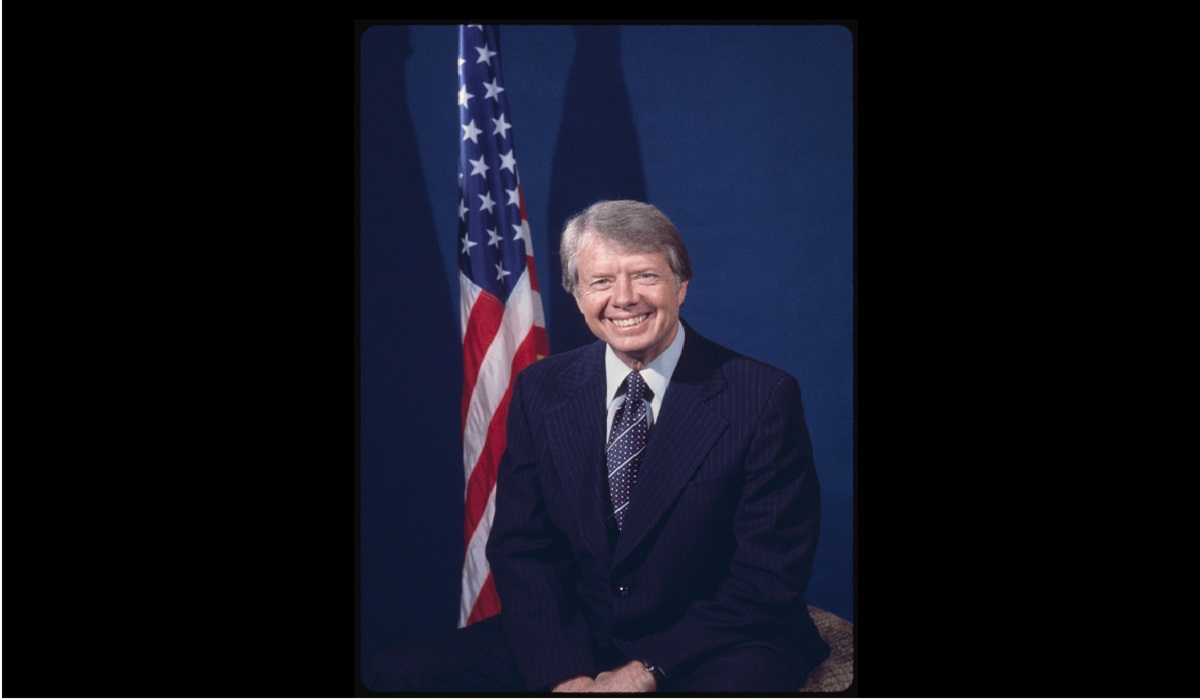The Missing Voices: Why Africa Deserves Permanent Seats on the UN Security Council
- TDS News
- Breaking News
- August 22, 2024

The ongoing exclusion of African nations from permanent membership on the UN Security Council is a glaring issue that undermines the legitimacy of this powerful body. Despite being home to over a billion people and playing a significant role in global affairs, the continent remains underrepresented in an organization that claims to uphold international equity and fairness. This imbalance not only reflects outdated power structures but also perpetuates a sense of disenfranchisement among those whose voices are most often unheard in global decision-making.
The Security Council’s current structure, dominated by the five permanent members—the United States, the United Kingdom, France, Russia, and China—was established in the aftermath of World War II, reflecting the power dynamics of that era. These nations enjoy veto power, allowing them to block any resolutions that conflict with their interests. This system, designed to maintain a balance of power among the victors of a long-past war, has not evolved to accommodate the changing geopolitical landscape, leaving vast regions of the world without a permanent voice.
For decades, calls for reform have echoed through international forums, yet the structure of the Security Council remains largely unchanged. The exclusion of African countries from permanent membership is a stark example of this inertia. Despite being the subject of many Security Council decisions, especially regarding peacekeeping and sanctions, the continent has no permanent representation and no veto power. This situation is increasingly seen as unjustifiable in the modern era.
The need for reform is urgent. Sierra Leone, among others, has been particularly vocal, advocating for at least two permanent and two non-permanent seats to be allocated to African nations. This demand stems from the frustration of being sidelined in decisions that directly impact the region. The current setup, where five nations wield disproportionate power over global affairs, is increasingly seen as outdated and unfair.
However, the likelihood of reform is slim. The five permanent members have a vested interest in maintaining their exclusive control. Expanding the Council to include new permanent members would require an amendment to the UN Charter, needing the approval of two-thirds of the General Assembly and all five permanent members. The same nations that hold the power to enact change are those most resistant to altering the status quo.
Even within the region, the selection of which nations would occupy potential new seats presents challenges. Countries like Nigeria, South Africa, and Egypt have all been mentioned as candidates, but choosing one over the others could exacerbate existing regional tensions.
Despite these challenges, there is growing momentum for change. Many nations from the Global South have joined in calls for a more inclusive Security Council, arguing that without reform, the Council’s legitimacy will continue to erode. UN Secretary-General António Guterres has also expressed support for African inclusion, indicating that the time for change is now. However, his advocacy is unlikely to translate into action, as the permanent members are not expected to willingly relinquish their privileges.
The continued exclusion of African nations from the Security Council undermines the body’s credibility. Decisions regarding conflicts and crises within the region, from past genocides to ongoing instability, are viewed with increasing skepticism. There is a growing perception that the Security Council is an instrument of the powerful, serving their interests while neglecting those without a permanent voice.
This exclusion is not just a moral failure but a strategic mistake. As global power dynamics shift, marginalizing a region of such significant population and resources threatens to weaken the UN’s ability to address pressing global challenges. Issues like climate change, terrorism, migration, and economic inequality require inclusive solutions, and those solutions will be incomplete without full participation from every region.
The pressing question is whether the world is prepared to address this imbalance and take meaningful steps toward reform or whether the region will continue to be sidelined. The future of the Security Council—and indeed the United Nations—depends on the answer. If the UN is to remain relevant, it must evolve to reflect the realities of the 21st century, including giving the region its rightful place at the table. Without such reform, the Security Council risks becoming a relic of a bygone era, unable to meet the challenges of the world it claims to govern.

